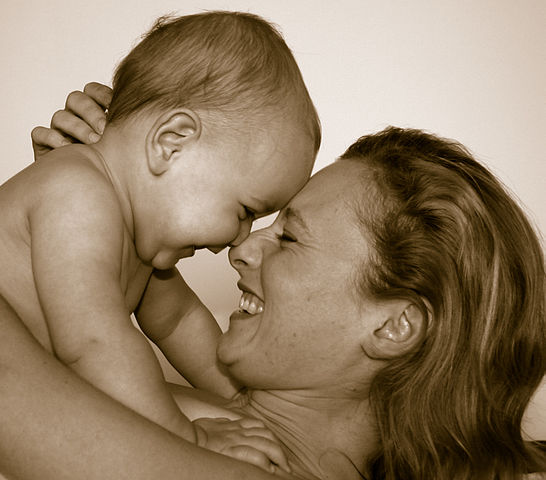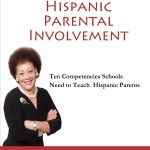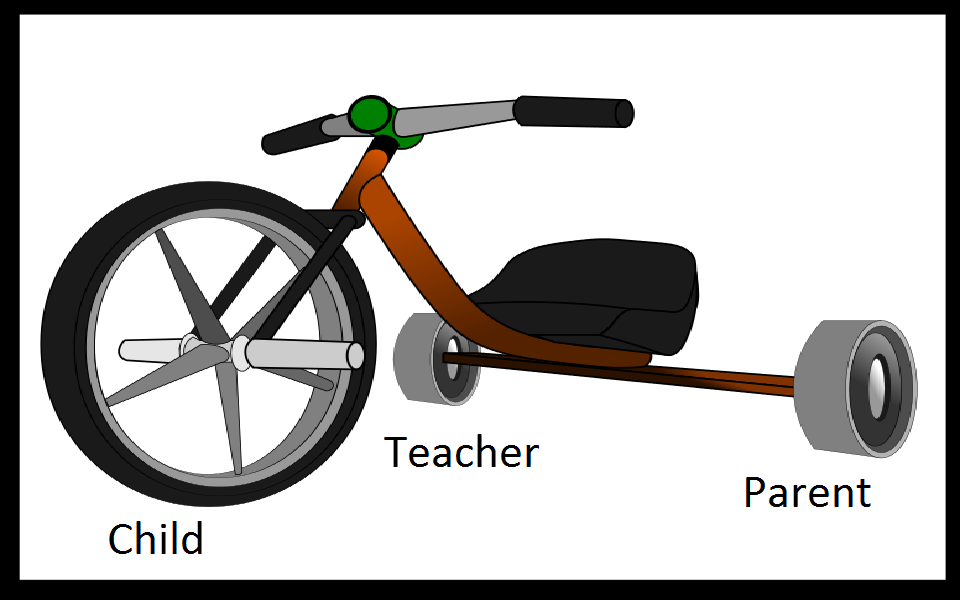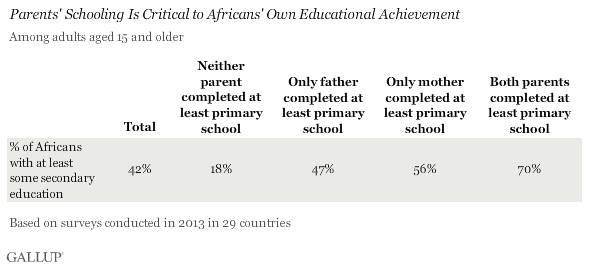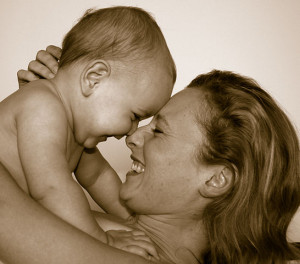
John Bowlby is considered the father of attachment theory, a prevailing psychological model for understanding bonds between human beings. As a result of Bowlby’s work in 1940s with troubled and emotionally disturbed children, he discovered the problems that occur when the mother-child bond is disrupted and these observations led to his understanding of the significance of attachment bonds.
Bowlby spoke for the need for the most often natural role of parents as a secure base for their children. He wrote:
“Provided the parent is known to be accessible and will be responsive when called upon, a healthy child feels secure enough to explore. At first these explorations are limited both in time and space. Around the middle of the third year, however, a secure child begins to become confident enough to increase time and distance away-first to half days and later to whole days. As he grows into adolescence, his excursions are extended to weeks or months, but a secure home base remains indispensable nonetheless for optimal functioning and mental health.” (A Secure Base, page 137)
He reported on a study that looked at children who bonded with either the mother or the father, both the mother and the father, or neither the mother or the father. The study’s findings are fairly intuitive but important to examine.
“Children with a secure relationship to both parents were most confident and most competent; children who had a secure relationship to neither were least so; and those with a secure relationship to one parent but not to the other came in between.” (A Secure Base, page 12)
Many have believed and still believe that attachment behavior is unhealthy and that the goal of parenting is to usher a child out of a stage of dependency just as quickly as possible. For Bowlby, this was a gross misunderstanding of human nature.
“No parent is going to provide a secure base for his growing child unless he has an intuitive understanding of and respect for his child’s attachment behavior and treats it as the intrinsic and valuable part of human nature I believe it to be. This is where the traditional term ‘dependence’ has had so baleful an influence. Dependency always carries with it an adverse valuation and tends to be regarded as a characteristic only of the early years and one which ought soon to be grown out of.
As a result in clinical circles it has often happened that, whenever attachment behavior is manifested during later years, it has not only been regarded as regrettable but has even been dubbed regressive. I believe that to be an appalling misjudgment.” (A Secure Base, page 13)
Bowlby’s attachment theory calls us to remember what it means to be human, to intrinsically long for connection with others. For an infant, attachment is a means of protection; for the young adult, less so; but for everyone, attaching is the key to giving and receiving love.
